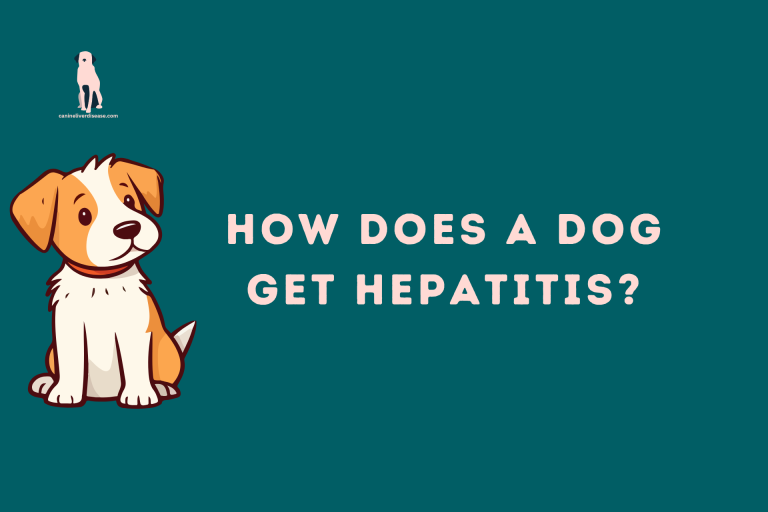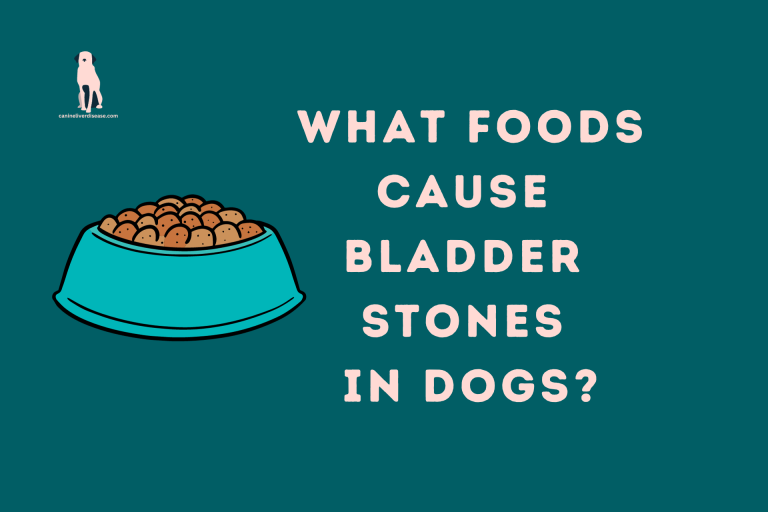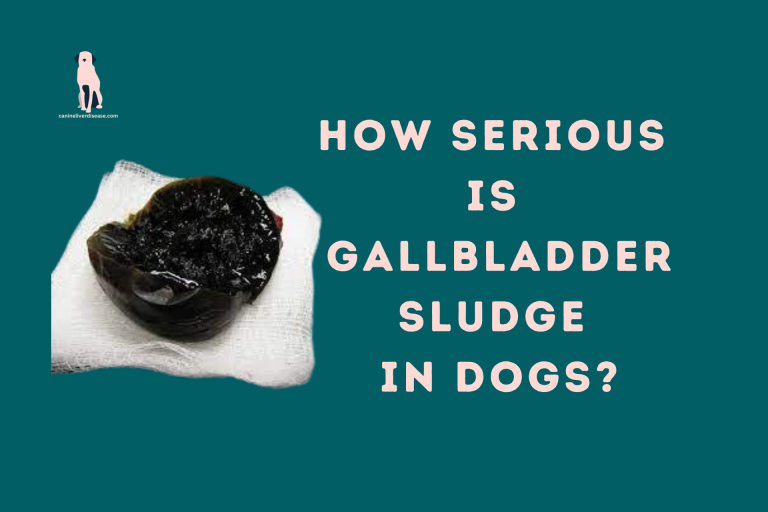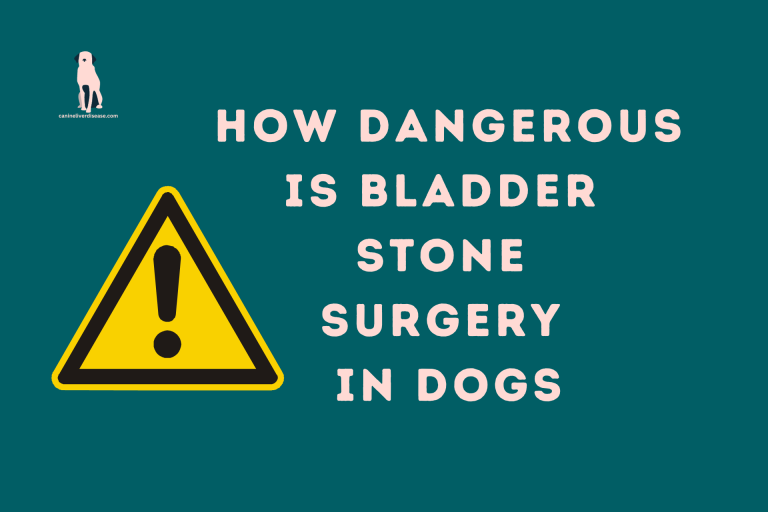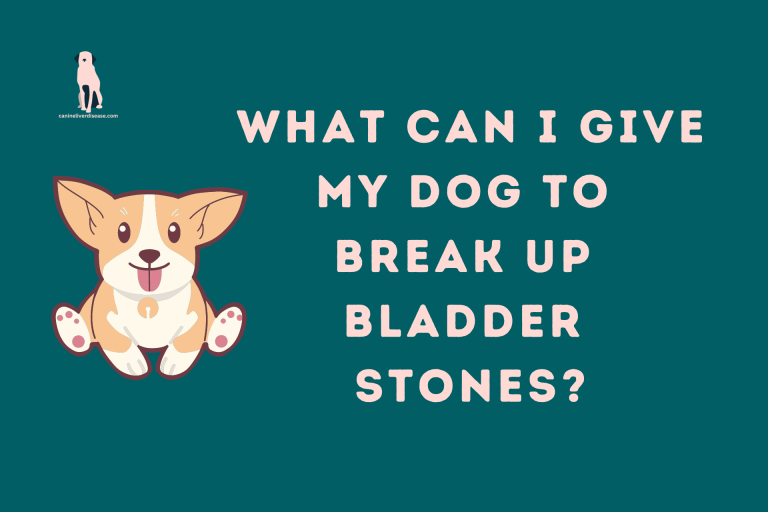Canine Liver Disease Diet: A Guide to Keeping Your Dog Healthy
Canine liver disease is a condition that can affect dogs of all ages and breeds. The liver is crucial in filtering toxins from the body, producing important proteins, and aiding digestion. When the liver is compromised, it can lead to various health issues in dogs. A carefully planned diet is one way to manage and support your dog’s liver health.
Understanding the Importance of Diet
Diet plays a pivotal role in managing canine liver disease. It can help reduce the workload on the liver and promote healing. A specialized diet can also alleviate symptoms and improve your dog’s quality of life.
Diet Changes for Dogs with Liver Disease
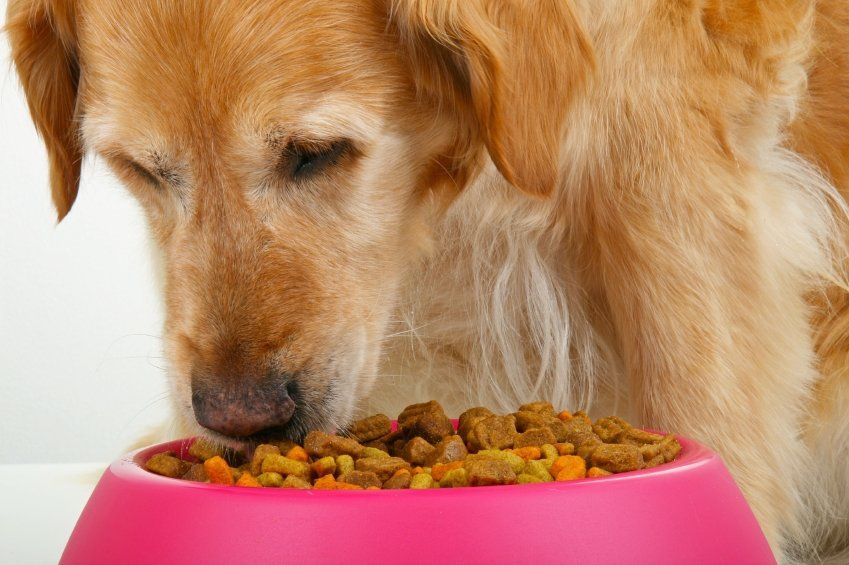
1. Reducing Protein Intake
Dogs with liver disease often have difficulty processing excess protein. A diet with reduced protein content can ease the strain on the liver. High-quality protein sources like lean meats should be preferred.
2. Managing Fat Consumption
Excessive fat can worsen liver problems. Opt for low-fat dog food or cook with minimal oil to prevent further complications.
3. Increasing Carbohydrates
Carbohydrates provide a steady source of energy and are easier on the liver. Incorporate foods like rice and pasta into your dog’s diet.
4. Providing High-Quality Protein
While protein should be reduced, it’s essential to maintain high-quality protein sources. Eggs and lean poultry can be beneficial.
Homemade vs. Commercial Diets
Deciding between homemade and commercial diets depends on your dog’s needs and preferences. Homemade diets allow more control over ingredients, but commercial diets are formulated to meet nutritional requirements.
1. Nutritional Supplements
Consult your veterinarian about adding supplements like milk thistle or SAMe, which can support liver function.
2. Hydration and Its Role
Adequate water intake is crucial. Dehydration can exacerbate liver problems. Ensure fresh, clean water is always available.
3. Feeding Schedule
Establish a regular feeding schedule to maintain consistency. Smaller, more frequent meals can be easier on the liver.
Monitoring Your Dog’s Health
Regular check-ups and monitoring of liver enzyme levels are essential to track your dog’s progress.
Sample Diet Plan
1. Breakfast
- Cooked rice with a small amount of boiled chicken.
- 1 scrambled egg (cooked without added fat).
2. Lunch
- Steamed vegetables with cottage cheese.
- A small portion of sardines (rich in omega-3 fatty acids).
3. Dinner
- Low-fat yogurt with a drizzle of honey.
- A piece of cooked salmon or cod (excellent bioavailable protein sources and low in fat).
Low-protein Diet, Fish Oil, Digestion
1. Low-Protein Diet
Dogs with liver disease often require a low-protein diet to reduce the strain on the liver. High-quality commercial low-protein dog food is available, or you can work with your veterinarian to create a custom diet plan.
2. Fish Oil
Omega-3 fatty acids in fish oil can promote healthy liver function and reduce inflammation. Consult your vet for the appropriate fish oil supplements and dosage.
Liver-friendly dog food
- Prescription Liver Support Diets (e.g., Hill’s Prescription Diet l/d, Royal Canin Hepatic, Purina Pro Plan Veterinary Diets NF)
- Low-Fat Dog Food
- Homemade Diets (consult your veterinarian)
- Commercial Brands with Limited Ingredients
- Canned Dog Food (low-fat, high-quality protein)
- Liver-Supporting Supplements (milk thistle, SAMe, omega-3 fatty acids)
Exercise and Mental Stimulation
Regular exercise and mental stimulation are vital for your dog’s overall well-being. A happy and active dog tends to recover better.
Common FAQs
Can I feed my dog the same food as before the diagnosis?
It’s advisable to make dietary adjustments as recommended by your veterinarian.
Is it safe to give my dog homemade food?
Homemade diets can be safe if they meet the nutritional requirements prescribed by your vet.
How can I encourage my dog to drink more water?
Adding a small amount of low-sodium broth to their water can make it more appealing.
Are there any treats my dog can still enjoy?
Look for low-fat, liver-friendly treats. Always check with your vet.
When should I seek emergency care for my dog with liver disease?
Seek immediate veterinary attention if your dog shows signs of severe distress, such as seizures or loss of consciousness.
Conclusion
In conclusion, a well-planned diet is crucial in managing canine liver disease. Making the right dietary choices can help alleviate symptoms, improve your dog’s quality of life, and support their liver health. Consult with your veterinarian to create a personalized diet plan tailored to your dog’s needs.

